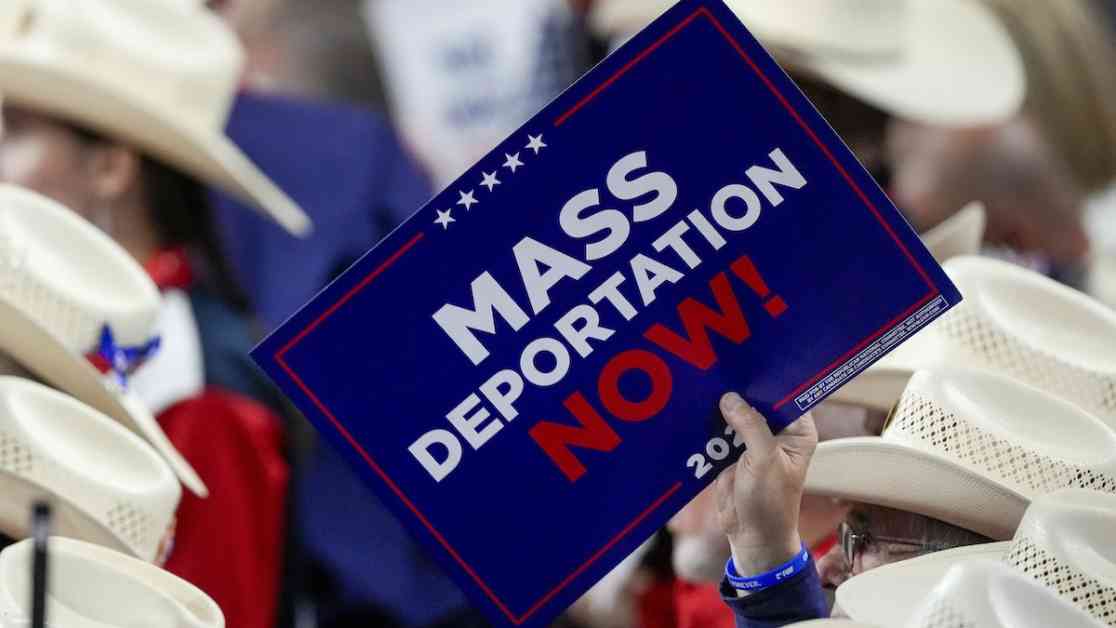Illegal Immigrant Children’s Right to Education in the US
Last year, the Saugus Public School Committee made changes to its admissions policy, requiring proof of legal residency for students to enroll. Critics argue that this policy is designed to keep immigrant children out of the school district. The debate over whether immigrant children should have access to education is not limited to Saugus; it has become a national issue, especially as the possibility of another term for Donald Trump looms.
Conservative politicians in states like Oklahoma, Texas, and Tennessee are questioning the rights of immigrant children without legal residency to public education. This raises concerns about challenging the landmark U.S. Supreme Court decision in Plyler v. Doe, which has allowed children of families living in the country illegally to attend public school since 1982.
The new Saugus policy demands extensive documentation to prove legal residency, which civil rights attorneys argue disproportionately affects students from immigrant families, regardless of their legal status. While the school committee claims the policy is not meant to exclude immigrants, some families have faced significant challenges in enrolling their children due to document requirements.
The trend of undermining Plyler v. Doe is gaining momentum, with calls for states to charge tuition to families living in the country illegally to provoke a Supreme Court challenge. President Trump’s anti-immigrant rhetoric has further fueled this movement, with his focus on mass deportation and portraying immigrants as criminals.
Immigrant populations have undeniably strained schools, leading to overcrowded classrooms and challenges for teachers. The political climate is shifting towards policies that were once considered extreme, like denying education to immigrant children, becoming more mainstream.
While some states like Oklahoma and Texas are exploring ways to address the costs of educating immigrant children, others are pushing back against such measures. Federal law prohibits schools from inquiring about students’ immigration status, protecting the rights of all children to access education.
In Massachusetts, the Saugus school committee’s residency policy has faced criticism from legal advocates for creating barriers for immigrant families. The policy has hindered at least two families from enrolling their children in school, prompting intervention from advocacy groups to ensure their access to education.
The debate over whether illegal immigrant children should have access to education is a complex and contentious issue that touches on fundamental rights and legal precedents. As the political landscape continues to evolve, it is crucial to uphold the principles of equal access to education for all children, regardless of their immigration status.













